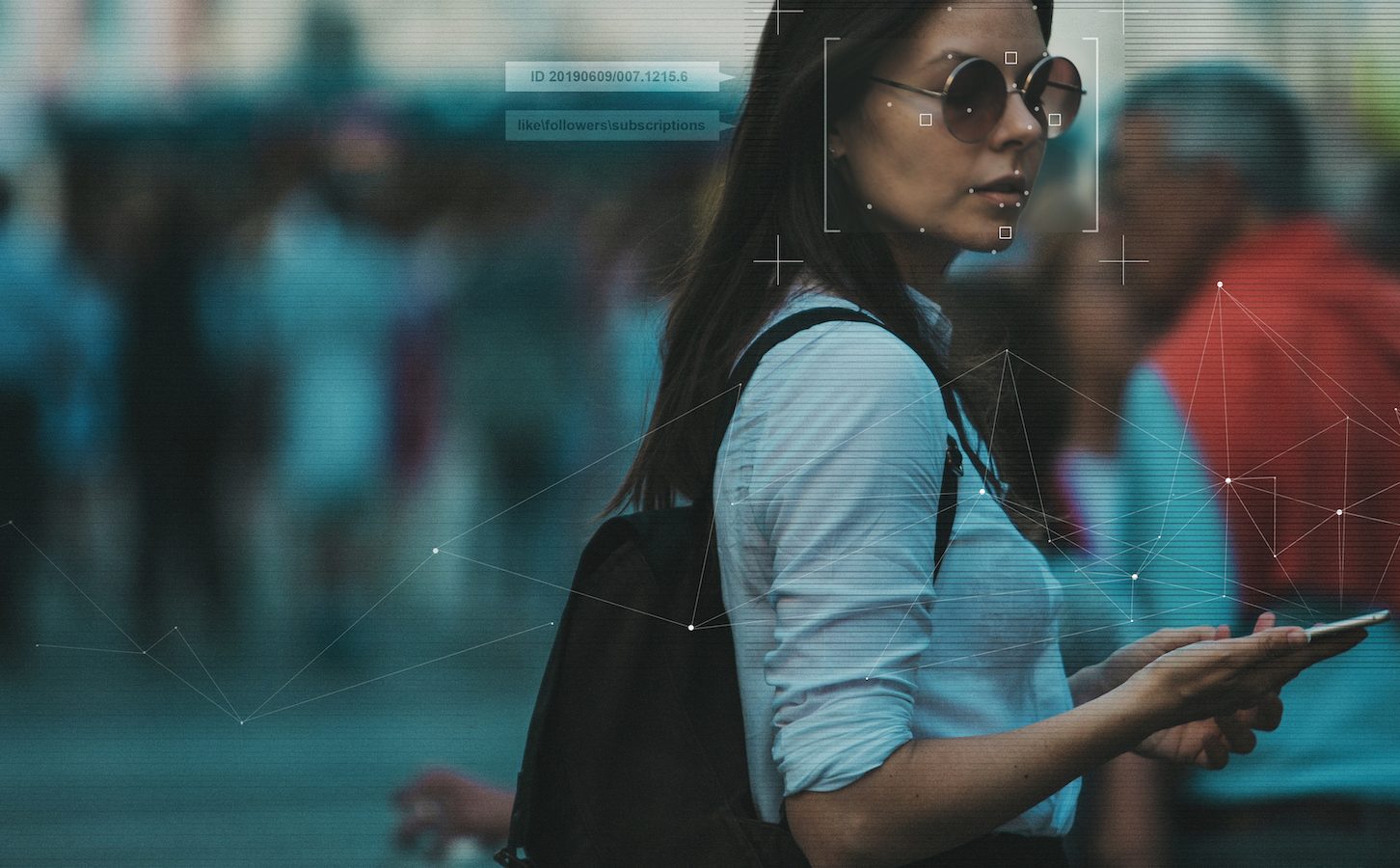Ministers in the UK have called for a pause in the use of live facial recognition surveillance, recently announced by the policing minister.
The cross-party coalition of 65 policymakers today issued a statement that said: “We call on UK police and private companies to immediately stop using live facial recognition for public surveillance.”
The call followed a speech from policing minister Chris Philp at the Conservative Party Conference this week, in which he said a database of passports could be deployed in biometric surveillance for law enforcement.
Among the signatories of the joint statement were the former shadow home secretary, Dianne Abbot, Liberal Democrat leader Ed Davey and Tory MP and former Brexit minister David Davis.
The use of facial recognition in surveillance has drawn criticism from a number of civil protection groups and independent institutions.
“We are concerned by reports that government intends to repurpose the UK passport images database for police use,” said Michael Birtwistle, associate director at the Ada Lovelace Institute.
“The accuracy and scientific basis of facial recognition technologies is highly contested, and their legality is uncertain.”
Birtwistle said the decision to “expand the deployment of facial recognition” in such a way without the consent of the British public and no existing framework would “risk creating unprecedented public backlash, setting back trust in public sector use of data and AI”.
In August, the Home Office and the Defence and Security Accelerator (DASA) released a document outlining ambitions to ramp up the use of facial recognition technology.
Facial recognition, particularly for use in law enforcement, has always been a controversial topic, however, there is limited legislation currently to clarify the legality of its use.
Last year, the Information Commissioner’s Office (ICO) fined the US-based startup Clearview £7.5m for illegally collecting billions of images of British citizens.

